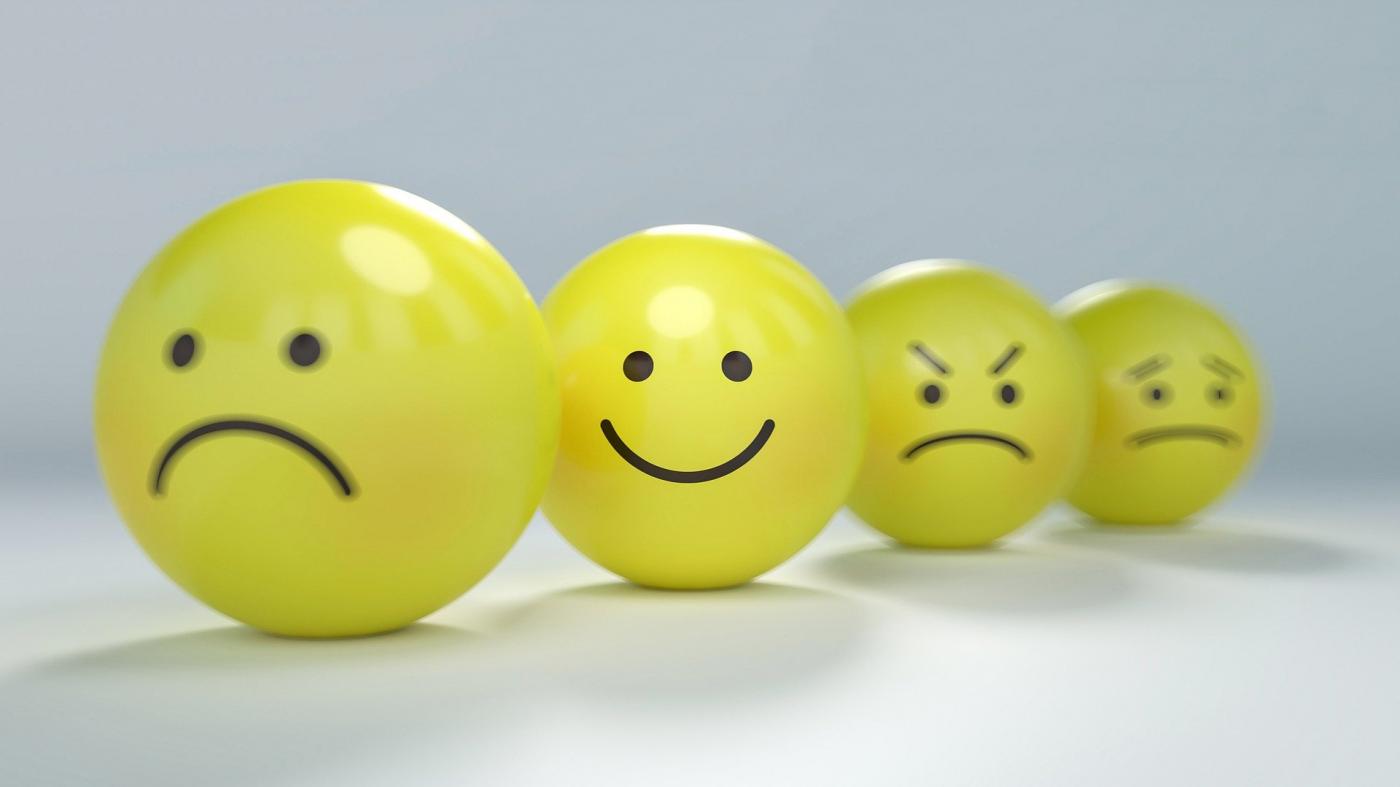Let's tackle Utrecht students' silent suffering

It's good news that higher education institutions in the Netherlands are allowed to teach students on campus again as of today, a date best known as Blue Monday. After all, never before have there been so many students with mental heath issues. Let's drop some numbers: at least 90 percent of students in Utrecht reported feeling lonely during the pandemic. To 26 percent of students, that even means feeling tired of living. What's more, 4 percent of the students said they felt this way almost every day for weeks, according to the Mental Health and Substance Use Monitor, published by the Trimbos Institute (in Dutch). That amounts to 2,700 people in Utrecht. Having classes on campus again is nice, but we need more than that.
After two years going on and off lockdown in what was supposed to be "the best years of our lives", we're not exactly feeling our best. A lot of us students are struggling with feelings of loneliness and we don't always know who to turn to. All first-year and second-year students can attest to how hard it is to expand your social circle since 2020. Without a group of friends, finding yourself in a new city is really lonely. It also doesn't help that most psychological disorders tend to appear before one turns 21. When students are locked up at home in a new city because of a pandemic, they become even more vulnerable to these disorders, according to an article recently published by Dutch newspaper Trouw.
Fortunately, we're once again allowed to go to classes and to the gym. But, to really tackle the psychological problems and the vulnerability that results from the pandemic or has been enforced by it, we need more time. Therefore, don't expect that the gloom will magically disappear as soon as the rules to contain the virus are lifted, like snow melts in the sunlight. Don't be too hard on yourself.
Just as reopening higher education institutions doesn't solve everything, there is no single solution to the problems surrounding students' mental health. There is no single solution to reducing the time one has to wait to see a psychologist through the Dutch Association of Mental Health and Addiction Care (GGZ in the Dutch acronym), which in Utrecht can be up to an astonishing 126 days! There is no single solution to the urban inequality that poses a financial hurdle to accessible therapy. There is no single solution to breaking the taboo surrounding mental health... But we can take small steps – together, as a university and as a city.
As a university, we could do away with the unnecessary charge of 25 euros for an intake interview with a student psychologist. As a city, we should take direct responsibility for the mental health of those aged 18 and older, so that nobody in their (new) city is left to anonymous health insurers and long waiting lists. Student associations interested in helping their members through little coffee breaks or in-house coaches should get all the space to do so, even if it's not actually allowed.
Furthermore, we really should be talking about mental health more. Talking openly about psychological issues is not easy, but we shouldn't let that hold us back. If you can't (or don't want to) talk to your friends and family, then you can do it for free with your doctor.
Stay safe, stay healthy and talk about it.